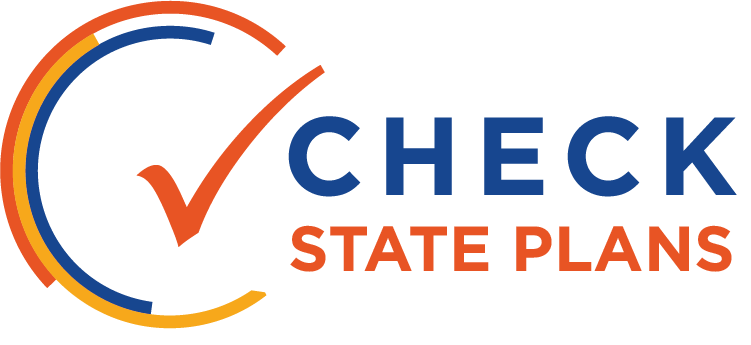Score:

New Jersey’s plan for supporting schools includes some specific actions – but needs more detail.
Low-performing New Jersey schools will follow a systematic process of data-needs assessment, improvement-plan development based on that needs assessment, implementation of evidence-based practices, and evaluation of the plan’s effectiveness. The state will issue tools and models for schools to focus their improvement efforts on evidence-based interventions, matched to the specific accountability indicators that resulted in the school’s designation as a school in need of targeted or comprehensive improvement.
New Jersey places districts into three performance levels, each with different levels of support.
Districts in the lowest two levels must draft improvement plans that address instruction, personnel, operations management, governance, and fiscal management. If the district has failed to improve after two years of reviews, the state commissioner has additional powers to take corrective action, including providing direct oversight over district budgets and staffing. The state commissioner also has the authority to demand more rigorous interventions for schools that fail to make progress over time. Those include more intense scrutiny over improvement plans and changes to curriculum, staff changes, or reallocation of budgets. But New Jersey does not articulate how exactly it will decide when to use its authority when schools or districts continue to languish.
Finally, the state has not explained how it plans to spend the 7 percent of its federal Title I money dedicated for school-improvement efforts, other than saying that funds will be distributed based on need and the quality of the school’s plan.


